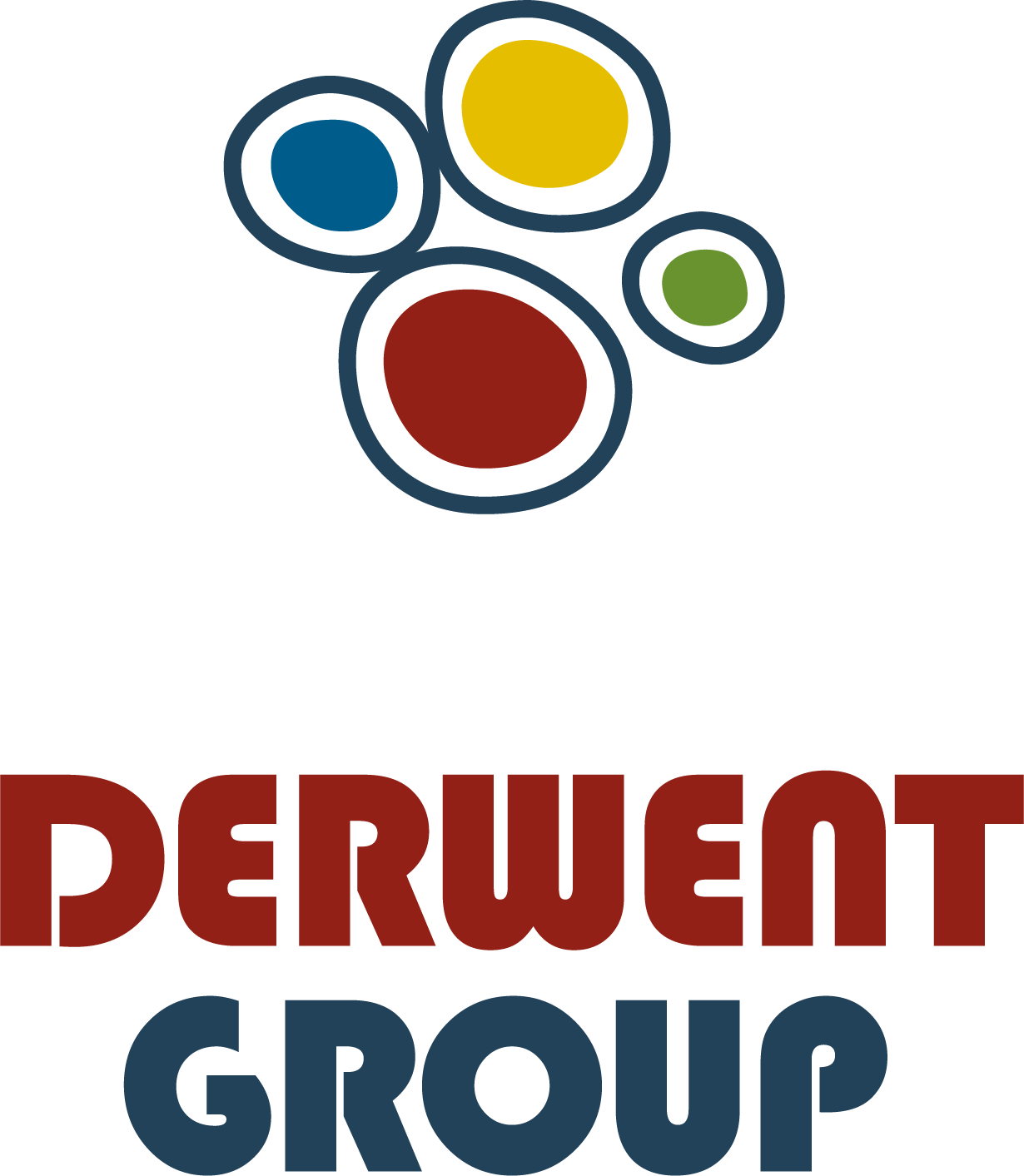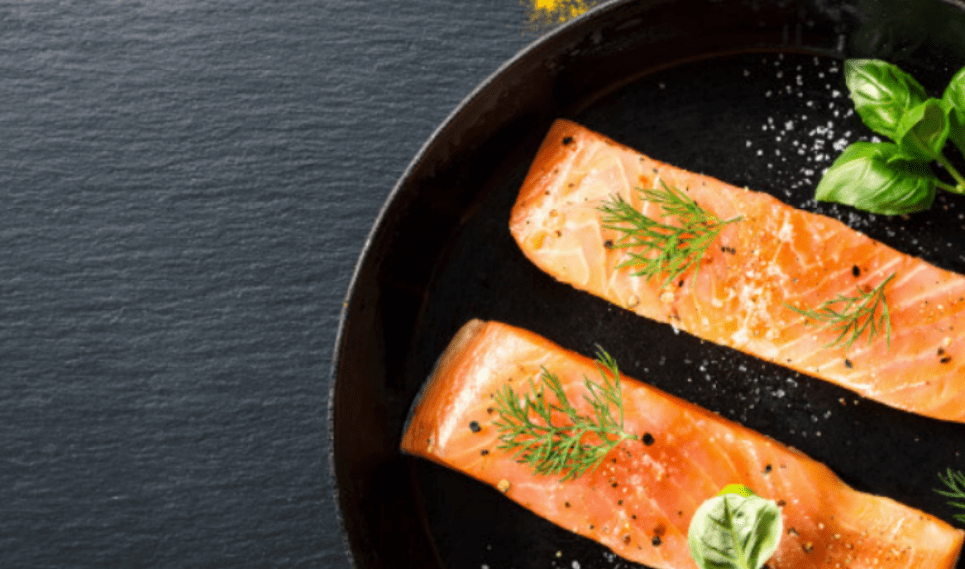Anisakis is a parasite that can be found in fish and cephalopods, and ingestion of its larvae can cause digestive disorders (anisakiasis) and allergic reactions that can sometimes be serious. That is why the concern about obtaining anisakis-free products is growing by the day.
In fish sourced from conventional fishing, this parasite is relatively common: according to the most recent data, in Spain, up to 36% of wild-caught fish contain anisakis, which is more common (up to 50%) in fish from the Cantabrian Sea.
As fish cannot be certified as free of anisakis, it is often necessary to use treatments to kill the anisakis larvae, thus eliminating the risk for the consumer. The most common methods are freezing the fish for more than 24 hours or cooking it so that a temperature of more than 60oC is reached in the middle of the fish for 5-10 minutes. Both methods can reduce the organoleptic qualities of fish.
But what if we could guarantee anisakis-free fish?
A study carried out within the EU’s ParaFishControl project has proven that farmed fish from European facilities do not contain anisakis. The AZTI-led work Group collaborated with partners from six European countries: the Spanish National Research Council (Spain), the University of Bologna (Italy), the Hungarian Academy of Sciences, the University of Copenhagen (Denmark), the Hellenic Centre for Marine Research (Greece) and the University of Bergen (Norway). As a part of this project, more than 7,000 fish from European farms were analysed between 2016 and 2017, demonstrating the absence of zoonotic parasitic worms (including anisakis) in fish from European aquaculture.
The safety of farmed fish
Farmed fish is considered safer for consumption, as many factors are controlled in the environment in which it is reared, including food, one of the main ways in which fish are infected by parasites. Therefore, fish fed with high-quality feeds are considered to be free of anisakis, as evidenced by numerous published studies and even the exceptions to the freezing requirements allowed by the European Commission in Regulation 1276/2011, amending Annex III of Regulation 853/2004 of the European Parliament and of the Council, which exempts farmed fishery products from the mandatory freezing requirements for fish from other sources.
SOURCES: AESAN CON LA MAREA APROMAR AZTI

